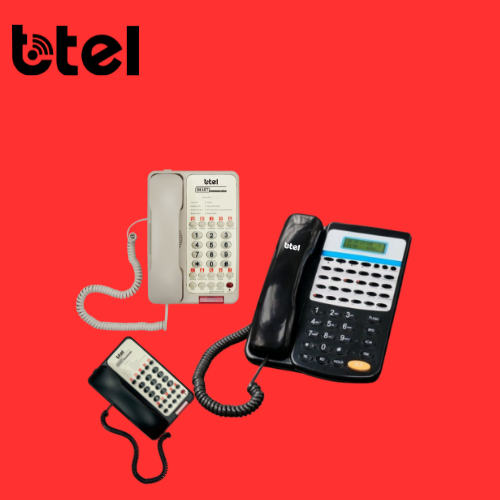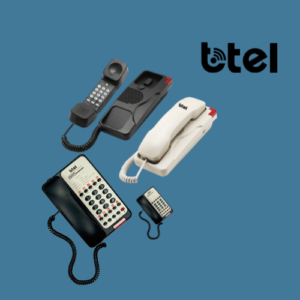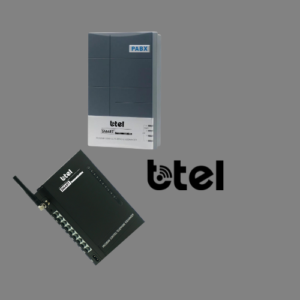
Get Up to 30% OFF Store wide – Limited time only

Get Up to 30% OFF Store wide – Limited time only


Analog phones have a long history. These phones continue to serve an important part in this world with new technologies spread out, like digital phones and smartphones. But what is an phone really, and how does it work? Let us go through the basics so that you are easily able to understand.
In other words, an phone most simply means a traditional telephone that transfers voice having either side communication by use of analog signals both ways. These are continuous wave signals with varying frequency and amplitude. In simple terms, an phone takes your voice, converts it to electrical signals, sends them across the wire to the other end, and reconvenes them to make sound so you can have a conversation.
An phone works in terms of a landline, which is a physical wire used in providing connectivity to the electrical signals. Now, when you speak into it, the microphone, which is placed within the handset, picks up your voice. This microphone alters your voice into analog signals, which are then sent down the line. The telephone at the other end receives the signals and converts them back into sound, allowing the other person to hear you.
However, there are a number of drawbacks due to which users have preferably shifted to digital communication modes, but still phones maintain a certain charm due to their advantages:
Though they may appear quite archaic, phones remain very indispensable for a number of reasons. First of all, a huge proportion of homes and businesses still use them due to their previously proven reliability. They also work in areas where the digital signal is low or completely absent. Estimations are that some 14 million consumers have kept using them based on different reasons. In addition, there are some “ways” to help with older devices and systems for complete perfections in the matter of communicating.
An phone is easy to maintain. Simply wipe it with a piece of soft cloth; do not let it fall or keep it away from water and damp, which might spoil the inside parts. Should it stop working, check the connections first; sometimes, reconnection of wires can save time.
It’s unlikely that phones will completely disappear, as they still have a niche market and a certain nostalgic appeal.
Yes, most phones work during power outages because they don’t need external power sources like digital phones do.
In most cases, phones can still be used with modern systems, but some systems may require a special adapter.
But all said and done, as much as these analog phones could be the next past, they never disappoint as a utility tool for communication, easy to use, inexpensive, and functional during power outages. All these features recommend them as very practical for many. There is always an phone that fits in with our lives today, whether in an area with bad digital coverage or just preferring a simple way of keeping in touch. With a general understanding of how they work and what purpose they serve, you will definitely have a slight idea of why they are still in use in this age of digital technology.




Lorem ipsum dolor sit amet, consectetur adipiscing elit, sed do eiusmod tempor incididunt ut labore

Lorem ipsum dolor sit amet, consectetur adipiscing elit. Ut elit tellus, luctus nec ullamcorper mattis, pulvinar dapibus leo.

